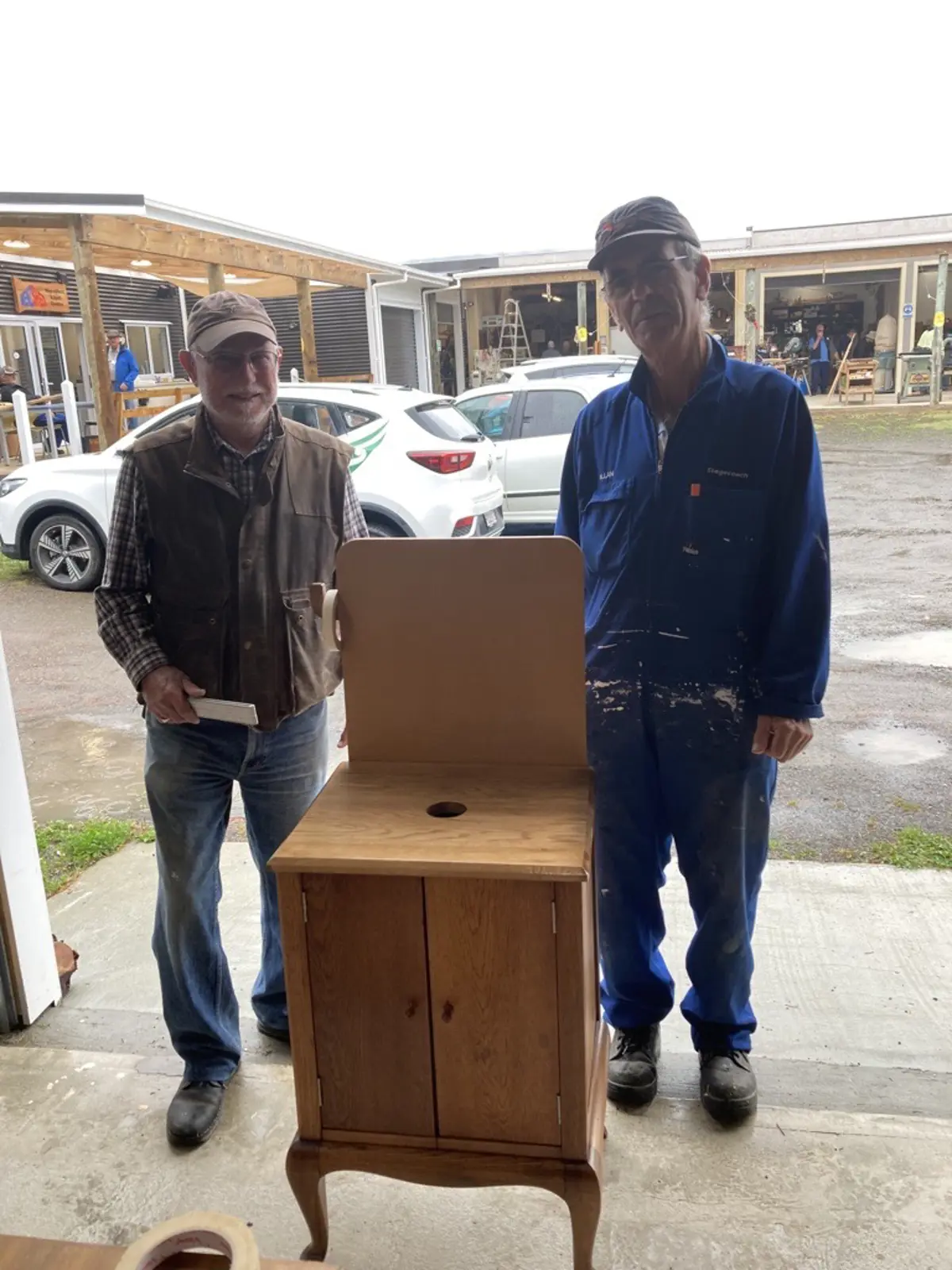Battery recycling trial
We’ve successfully completed our one-year battery recycling trial, which saw 15-25kg of batteries collected weekly. This service is now a permanent offering at Paraparaumu, Ōtaki and Waikanae libraries. The programme helps divert hazardous waste from landfill and supports our commitment to sustainability.
When you recycle batteries, you help:
- avoid water and air pollution caused by improperly disposed batteries
- save valuable natural components by allowing those in the batteries to be reused.
How to recycle
Help us recycle right! Upcycle will collect the batteries, and over 99 percent of the components in your batteries will be reused for new batteries and steel building reinforcing rods. It’s really important we avoid contamination, and follow the guidelines below.
Sort your batteries, and recycle the right ones
Batteries we’re accepting in the trial include:
- lithium ion (eg. rechargeable batteries)
- nickel cadmium and alkaline batteries (AA, AAA, 9V, C, CR, D, N)
- silver zinc hearing aid batteries.
We can’t accept the following batteries in library household battery recycling:
| Type | Take to: | Cost/notes: |
| Power tool batteries |
Stihl Shop battery recycling - Stihl-branded only
|
Varies, check with locations directly |
| Electronic devices with integrated batteries | E-waste drop-off – Otaihanga Transfer Station | Most items are free to drop-off at Otaihanga Transfer Station, however there are fees for specific items – see rubbish disposal charges. |
| Electronic devices with integrated batteries – other options | Product acceptance criteria apply | |
| Vehicle batteries | Ōtaki and Otaihanga Transfer Station | |
| Vehicle batteries - other options | Check directly with location for recycling fee, if applicable | |
| Batteries that are leaking or damaged – including lithium-ion batteries that are swollen or damaged. See what to do with damaged lithium-ion batteries. |
Southern Landfill, Wellington City See Hazardous Waste Storage Facility for correct disposal. |
Free for up to 20kg |
Tape the ends of lithium-ion batteries
Tape across the ends of any lithium batteries (AA/AAA, C, D marked “Lithium” and button/coin cells may begin with CR###). We’ve set up our recycling stations with tape on them to help with this.
Naked batteries only!
Put your batteries in the recycling station “naked” – not in any bags etc. Any other materials in our recycling station could create a hazard.
Our battery recycling station
You’ll find our battery recycling station in the foyer of the Paraparaumu Library; watch this space for rollout of our next station.
We’re very proud of our unique station, handcrafted by members of the MenzShed from materials recovered by the Zero Waste Ōtaki timber recycling centre.
Reduce
Remember to reduce, too! Although recycling right is a good place to start, you could also try reducing the number of disposable batteries you need to get rid of, by investing in rechargeable batteries for all compatible devices in your household. This helps avoid carbon emissions associated with making new disposable/single-use batteries, and reduces hazardous waste to landfill.
)
You can choose to reduce batteries by buying:
- things that don’t rely on batteries, when that’s an option
- reusable/rechargeable batteries.